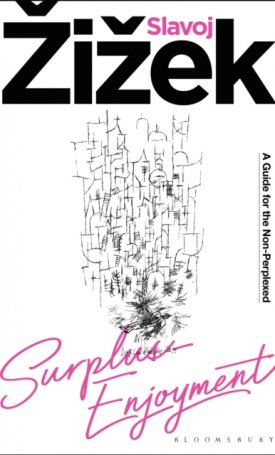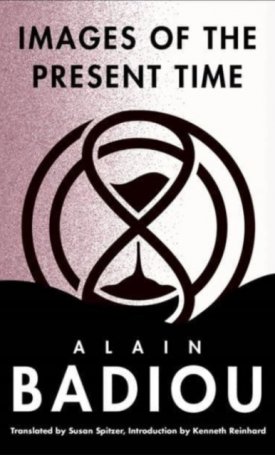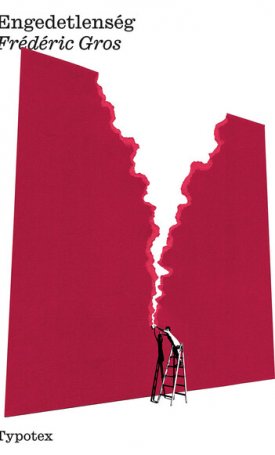Multiculturalism and the Welfare State - Recognition and Redistribution in Contemporary Democracies
-10%
8 580 Ft
7 722 Ft
Előrendelés(Bejelentkezés szükséges)
A kedvezményes árak kizárólag a webshopunkon keresztül leadott megrendelésekre érvényesek!
Multiculturalism and the Welfare State - Recognition and Redistribution in Contemporary Democracies
This volume is the first systematic attempt to empirically test this question, using both cross-national statistical analyses of the relationships among diversity policies, public attitudes and the welfare state, and case studies of the recognition/ redistribution linkage in the political coalitions in particular countries, including the United States, Britain, Canada, Netherlands, Germany, and in Latin America. These studies suggest that that there is no general or inherent tendency for recognition to undermine redistribution, and that the relationship between these two forms of politics can be supportive as well as competitive, depending on the context. These findings shed important light, not only on the nature and effects of multiculturalism, but also on wider debates about the social and political foundations of the welfare state, and indeed about our most basic concepts of citizenship and national identity.
As a ground-breaking attempt to connect the literatures on multiculturalism and the welfare state, this volume will be of great interest to a wide range of scholars and practitioners who work on issues of ethnocultural diversity and social policy.
Kiadó: Oxford University Press
Kategória: Filozófia / 20.-21. század, Politika / politikai filozófia, Társadalomtudomány, Közgazdaságtan
Kategória: Filozófia / 20.-21. század, Politika / politikai filozófia, Társadalomtudomány, Közgazdaságtan














